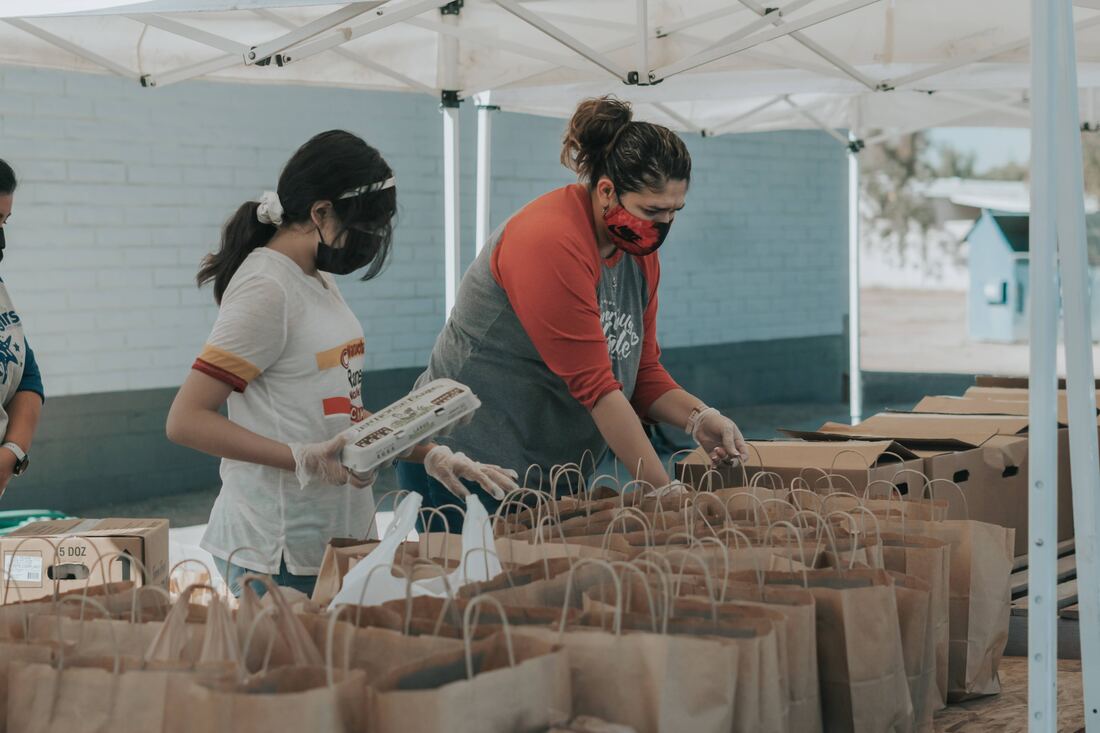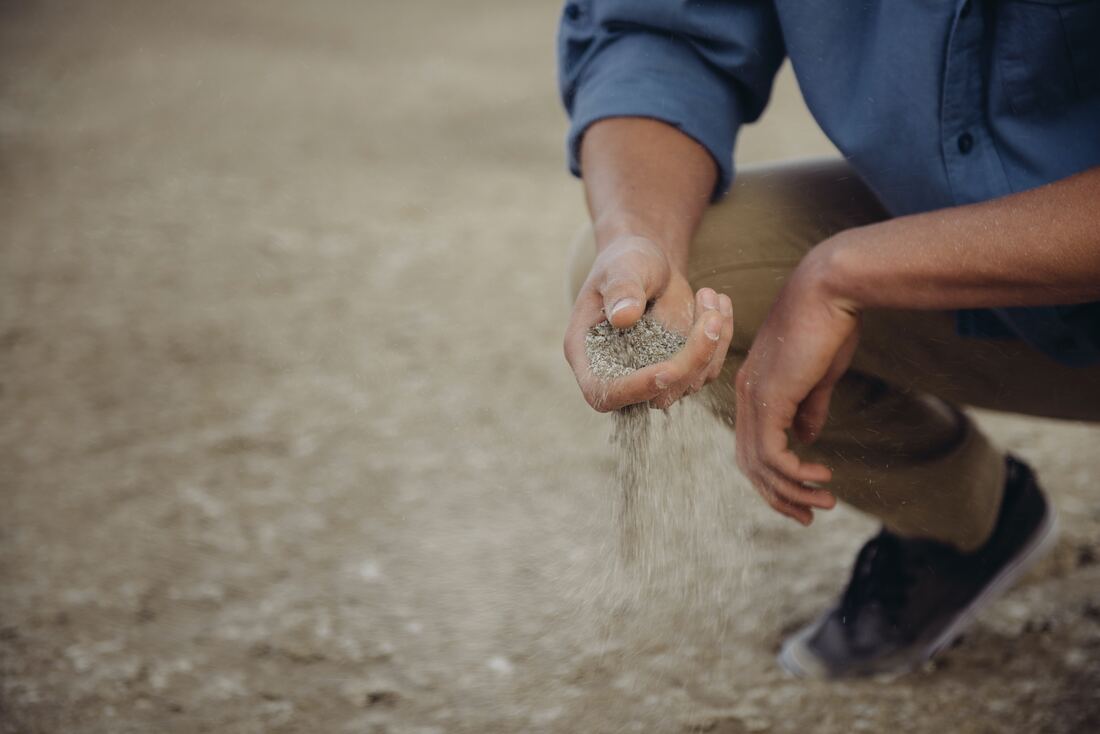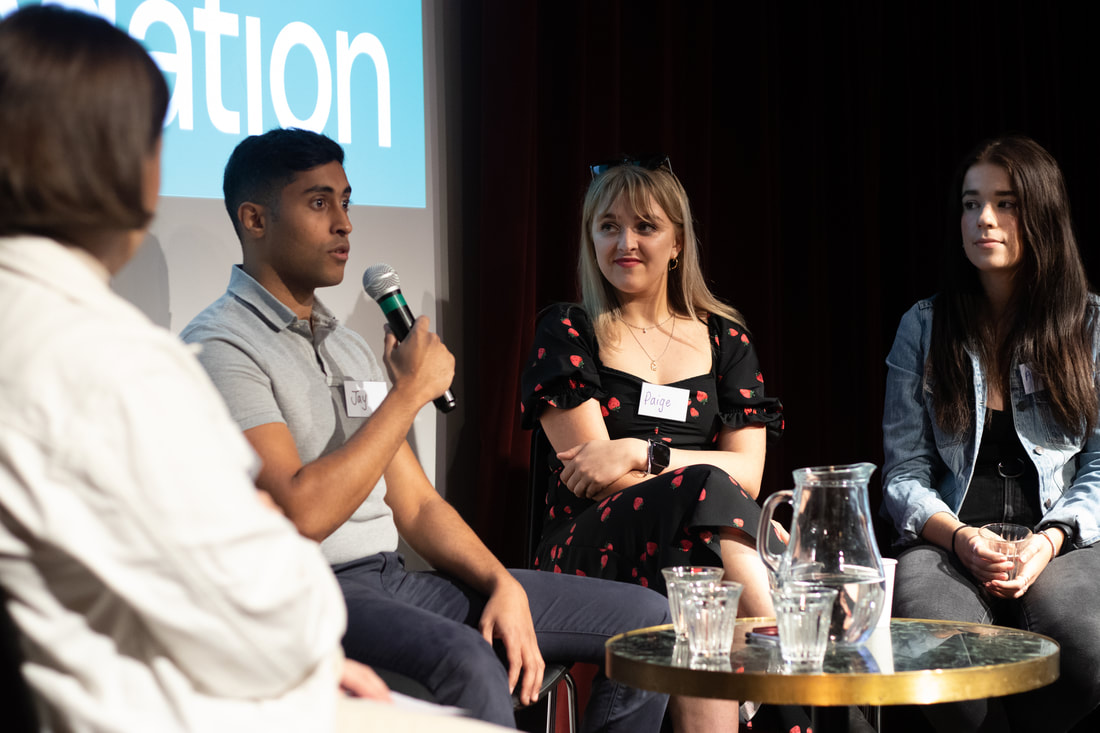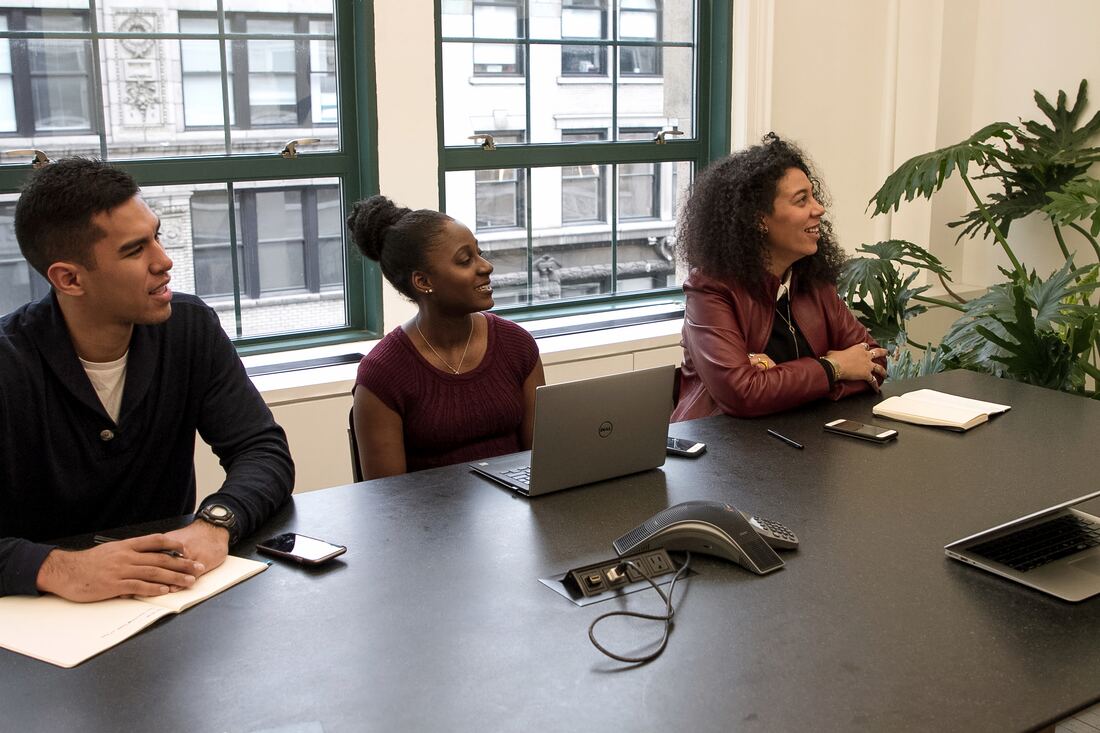|
If you've already completed your Uni applications, don't start doubting yourself now. Tiffany explains how to find confidence in yourself, build on what you already know and prepare for the next stage... interviews.
0 Comments
.Anisha discusses our mental health, that there's no shame in admitting you need help, and what you can do if you find yourself in need of a little more support.
September marks the start of a new academic year and as such it’s an important time for many of us. After spending months with relatively little structure over the summer, it can be difficult to get back into the flow of following a more rigid school schedule. This blog post highlights some strategies you can implement to re-establish your momentum.
It’s only been two years since I started university in Scotland, and now I am preparing for my year abroad in Europe. Before my travels, I go back to the bonnie land of the brave on a flixbus to visit friends from my familiar town. Anticipating those I will be meeting in the coming year, I dwell on the significance of these connections to enjoying time away from home.
Knowing how best to navigate a graduate job interview may be making you feel slightly anxious and apprehensive – especially when you’re unsure exactly what questions you’ll be asked. However, one of the most common during the process that frequently arises very early on is - "Can you talk me through your CV?"
When you’re getting ready to pack up and move to university, insurance is probably the last thing on your mind. Some students may not even understand what student insurance is and why they may benefit from cover. We’re going to look into what it is and some tips for getting the right policy for your needs.
I’ve always been interested in the ways various projects, events and interests can intersect into a common thread. August 14th marks the date for the partition where India was split by the British Empire into two different countries: India and Pakistan. This blog looks at the partition through the lenses of two of my most recent projects: “Roots” which explored rediscovering the origins of ecology through South Asian identity, and the latest issue of my magazine, SINK, which focuses on what it means to rewild.
(Well, that’s if you’re in Y13 or 11)
If you’re like me and have just finished Y12 you can continue enjoying every morsel of freedom you have this summer, while you still can… It’s typically presumed that as soon as students have graduated and left their university life behind, they’re filled with excitement about what the ‘real world’ has in store for them. Yet, this isn’t the case for everyone. In fact, some new graduates find it extremely difficult to contemplate their life without the structured education they have always known and are anxious about what comes next.
We’re constantly reminded about all the crazy things going on in the world – some of these things are good (new world records, Olympic athletes, world class musicians, scientists and creatives showcasing their skills and artistry) others are far from this reality (natural disasters, wars, horrific crimes and so on). Oftentimes it can feel difficult to navigate a world filled with so much darkness – sometimes you may even wonder if there’s any good left out there. I’m here to tell you that there is and that you can be a part of this. In previous posts I’ve touched on how acts of kindness can improve your wellbeing and outlook on life – today we’re going to look at this in more depth in the hopes that you’ll be able to make some positive change this summer.
In the early 19th century, Romantic poet William Blake wrote a line which encompassed infinity: ‘to see a World in a Grain of Sand’. In these atoms of ink sat bubbling the promise of everything - from an expansive universe to the most petite of plants. One singular ‘Grain of Sand’ can be a way of opening up to a whole ‘World.’ In this blog I’ll be looking at why it is important to appreciate the tiny, the small, the daintiest of things.
By now, most Year 12 students would have completed their final set of mocks before Year 13 and are beginning to think about UCAS, personal statements and applying to uni. For many of us, these mocks provide significant evidence for what our performance in a year’s time could look like and constitute much of our predicted grades which will ultimately determine what we’ll be doing in September. Naturally, this is a very stressful time and while your mocks might have gone incredibly well, I’d like to share some thoughts for those who aren’t feeling so great about the outcome.
Remember when you used to devour the whole Hunger Games trilogy in a week? Or blitz through the Half-Blood Prince way past bedtime? Now, the only time you lay eyes on a non-uni related book, it simply blurs into the distance. Soon, you might even forget what it's like to touch those freshly printed pages, or smell the parfum or new ink. Those days of falling head over heels into the book, and whatever wondrous world of fantasy is presented, seem to be fading into a distant memory. So, how and why should we learn to love it again?
Hello, we’re the Unite Foundation and we offer a University Scholarship, specifically for care leavers/care experienced people (if you go to university in Scotland) or young people estranged from their family. We’ve included some definitions at the bottom of this blog to help explain what we mean!
My exams are over now, and the freedom of summer is slowly sinking in. It’s time to watch movies of flowery frocked teens munching strawberries in fields on the outskirts of civilisation, wild water dipping and tossing shades to the wild grass. These images of summer trickle in and begin to replace the world of word counts and wooden lecture theatres. But what is this concept framed by a vignette of endlessly sunny days, and what’s it doing to how we live our summer?
The joys of sixth form/college are numerous; there’s something undoubtedly refreshing about having the autonomy to choose what, how and (for the most part) when you study. But, with this increased independence comes responsibility and it’s important to utilise the time you have, especially if you haven’t started Y13. So, today we’re going to take a closer look at one of the biggest changes you’ll encounter while shifting from secondary to A-level education: free periods.
As you complete your studies and begin your career journey, one crucial tool that can really make a difference in your job search is your CV. Often overlooked, proofreading your CV is a critical step that can elevate your job application to the next level and help you really stand out amongst other candidates. In this blog, we’ll explore why proofreading your CV is crucial and how it can make a lasting impression on potential employers. So, let's dive in and discover how attention to detail in your CV can set you apart from the competition and increase your chances of landing you that dream job.
During your first graduate job, it’s natural to want to impress. However, you may be brimming with worry about what to expect on your first day. If you have not been in a professional workplace before, starting out with little experience in your sector can be terrifying. You have no idea what you’re supposed to be doing, how the industry works, and essentially, who your new colleagues are going to be.
A-levels, GCSEs and summer exams are quickly approaching. This means it would be a good idea to get some quality revision done over the coming weeks. This blog post is all about helping to get you started so that you can revise effectively and efficiently – a key part of doing well in exams. Before you read this, it would be worth reading an older Push blog that has an excellent list of time management apps (these will come in handy for helping to keep you organised).
It took me an embarrassingly long time to start this article. I’ve jumped from YouTube reels (god forbid I actually manage to sink into anything longer than a three minute video) to dawdling through Facebook stories (in my ‘becoming a mature adult arc’) and flicked a few tabs open whilst I’m at it. Put shortly, there is so much happening, all the time. The age of media has made us question the restlessness of our minds, but it’s also been something we have grappled with for centuries. So, is any solace to be found for our dwindling attention span?
When moving to university, you are likely to experience a lot of exciting firsts; your first freshers night, first lecture, first housemates and first accommodation away from home.
A little bit of an unhinged title, right? This blog won’t be about learning study methods, or how to manage your time, but rather learning about (insert whimsical sparkly sounds) humanity. So, during my February reading week, I had the most incredible opportunity to raise money for three incredible charities (Families for Fife, Bloody Good Period and Doctors Without Borders) through getting to Prague, in the Czech Republic by spending as little money as possible. In four days.
Later this week, I’ll be taking my SATs and I don’t mean the kind we take in year 6 here in the UK; what I’m actually referring to is the 2 hour paper (which is now digitalised for international students) that aids your application to universities in America. I’m well aware that I’m not the only one interested in studying abroad and so this blog should provide an overview into the application process, which could help you to decide if studying outside of the UK is for you.
What are the UCU strikes, and why are some classes cancelled? Although a week's worth of lectures vanishing from thin air may quite possibly be the worst thing a student could possibly experience, I’ll briefly cover why the disruption is so important for UCU’s aims.
Are you just months away from graduating and haven’t yet secured a graduate job? You aren’t alone. In fact, around 40% of students don’t even have a set career plan when they graduate.
|
This section will not be visible in live published website. Below are your current settings: Current Number Of Columns are = 1 Expand Posts Area = Gap/Space Between Posts = 15px Blog Post Style = card Use of custom card colors instead of default colors = Blog Post Card Background Color = current color Blog Post Card Shadow Color = current color Blog Post Card Border Color = current color Publish the website and visit your blog page to see the results Categories
All
We're always interested to hear from talented young writers, so if you'd like to feature as a guest author then hit us up for more details.
|
Student blog: What's new?
Author
Write something about yourself. No need to be fancy, just an overview.
This website uses marketing and tracking technologies. Opting out of this will opt you out of all cookies, except for those needed to run the website. Note that some products may not work as well without tracking cookies.
Opt Out of Cookies
























 RSS Feed
RSS Feed